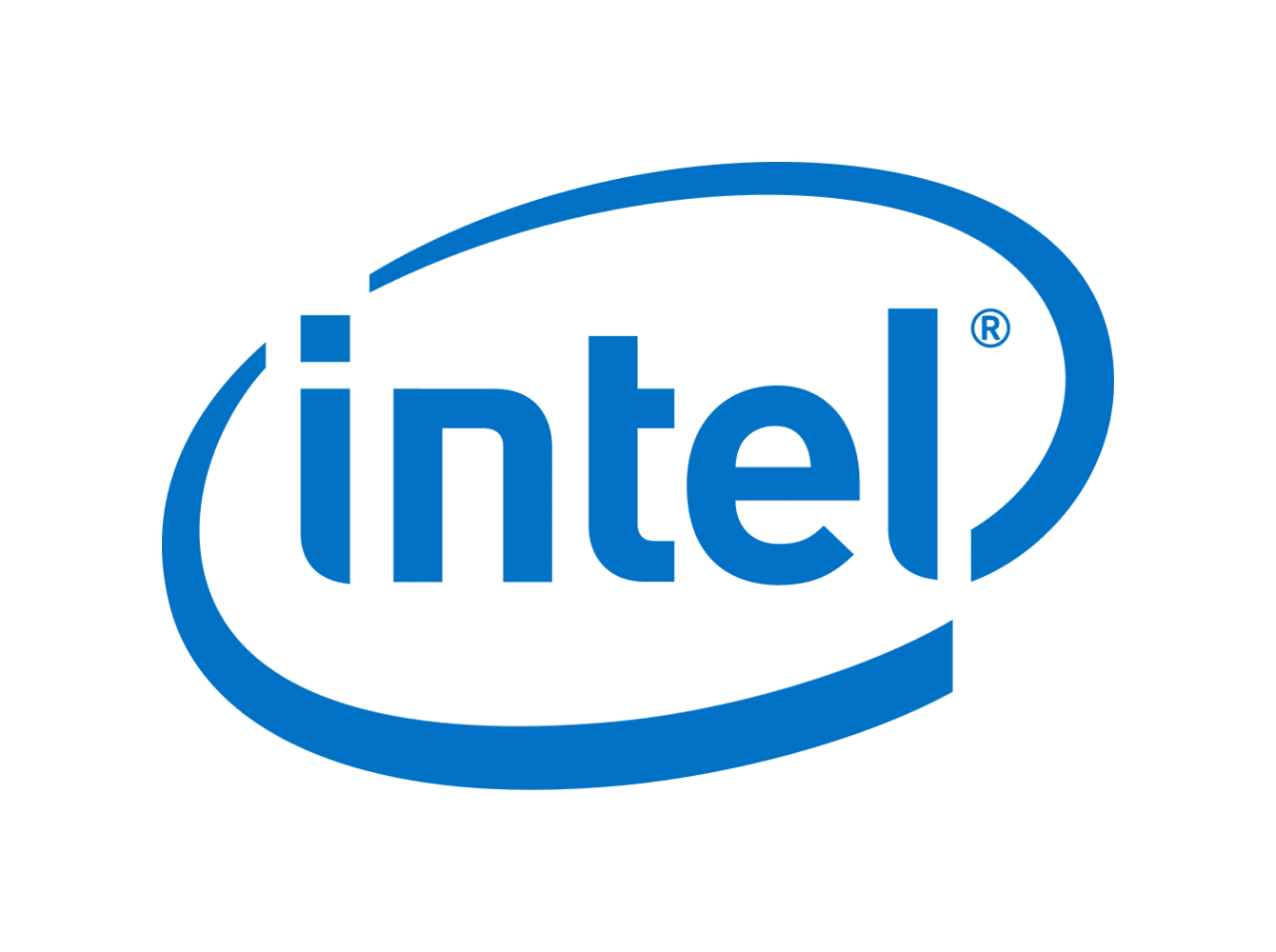

That would require on chip integrated voltage regulators per core so no, they only do that on servers. There will be voltage regulators per tile and bus at least though.


That would require on chip integrated voltage regulators per core so no, they only do that on servers. There will be voltage regulators per tile and bus at least though.


That’s not really a question but a complaint. Your reformulation of it as a question boils down to “will next gen perform better than the previous gen” to which the answer is yes, it will.


In 99% of use cases you get exactly what benchmarks promise. Power limits only affect very small set of workloads.


No.
CPU performance is always limited by some reason. In laptops it will almost always be heat, which is the same as power consumption. There is no reason not to drive the CPU as hard as it can on a given cooling and battery solution. You bought a high spec lenovo laptop which is probably configured to run as fast as possible. Did you even try to setup it otherwise?
Typical idle use (like typing reddit) power for my old lenovo intel laptop is about 5W which results in about 8 hour battery life with this small old battery. I don’t think I ever hear the fans of the laptop unless I am running a compiler or something. I could setup it so that I would not hear the fans even then but that would cost some performance.


20A should be manufacturing ready early next year if they are going to launch arrow lake on it in 2024. I suspect it’s already basically done and they are expanding capacity now.


TSMC has had better low power performance but the difference isn’t massive. I suspect the main reason is a) 18A is not ready for mass production until too late and b) limited 20A capacity coming online next year is needed for other products (remember intel has to ship absolute shitload of chips). So why not do it on TSMC if that is possible and the alternative is to delay the products to wait for capacity?
Edit: i’m not sure if 20A was again a more limited early version designed primarily for intel desktop products and 18A was supposed to be the long term version of the node with wider array of capabilities?


Lunar lake is essentially meant for the low power laptop market. By capability comparisons it seems to directly target Apple M3 chip.
So small laptops.
Motherboards cost a lot mainly due to cost of all the layers needed for routing and integrity of high speed signals. Also power management.